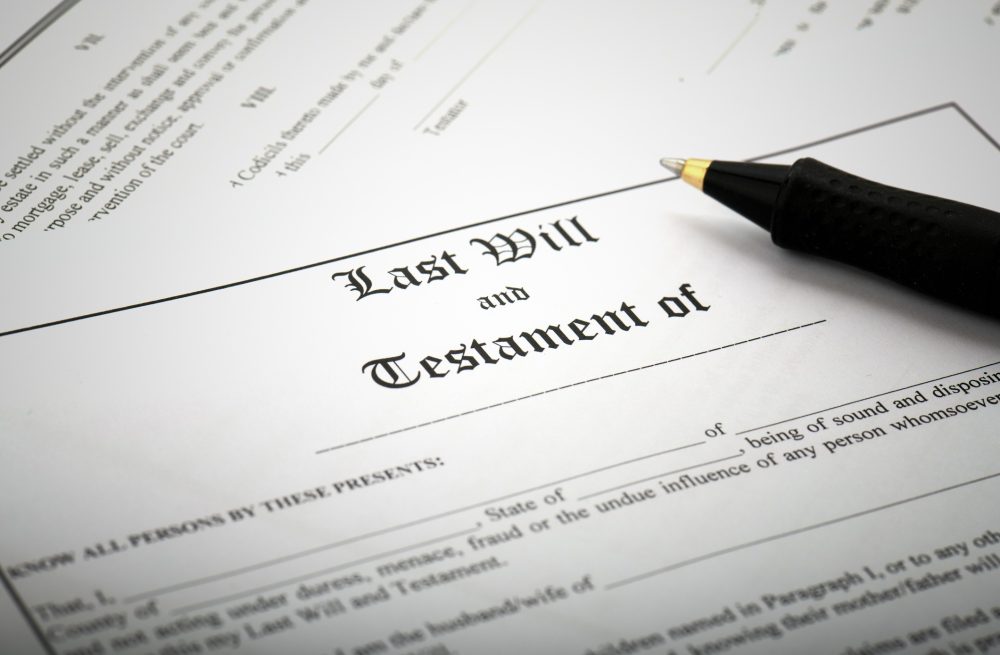When drafting your Last Will and Testament, it is important to know what steps must be taken in order for you to have a valid will. There are several requirements to discuss, and by taking them into consideration while you are drafting your Will, it is more likely that it will be considered valid by the Surrogate’s Court in the future.
Why is a Valid Will Important?
A valid Will is an instrumental part of your estate planning. It ensures that all of your assets and property are distributed according to your wishes. Without this document, and if it is rendered invalid, your assets will be distributed according to New Jersey’s intestacy law. Beware that distribution of your estate in accordance with the intestacy statute may not align with your wishes. Take the following information into consideration when drafting your Will, to increase your chances that your wishes will be respected according to your Will.
Requirements for a Valid Will: Age
First and foremost, you must be 18 or older to draft a Will. The exception is if you happen to be under 18 but legally married. In either of these cases, you may own significant assets and property that can be listed in your Will.
Requirements for a Valid Will: Procedure
Another important requirement to note is that in order for a Will to be valid, legal competence is required. This means that you must be considered “of sound of mind”. This means that you are capable of making your own informed decisions and that there was no undue influence involved. If you understand the purpose of the document and the significance of your property and assets, you should generally be considered of sound of mind and legally competent.
When actually drafting the Will, it must be both signed and dated by the person making it. There are typically several places to be either signed or initialed. It is important to use your full name and recognizable signature on these documents so that there is no question of whether or not it is yours. Also, for this reason, there must be two witnesses who can confirm that the signature on the Will belongs to the person making it.
Requirements for a Valid Will: Form
In order for a Will to be valid, it must be in writing. Typically, Wills are typed and printed. However, it is possible for a handwritten Will to be considered valid. This is called a holographic Will. New Jersey does not recognize oral Wills, but may determine a holographic Will as valid as long as it is in the testator’s handwriting. When these two forms are combined, however, and the Will is partially typed and partially in handwriting, it can be difficult to determine if it was actually the testator who made the changes. For this reason, it is smart to choose one form and be consistent.
Requirements for a Valid Will: Named Individuals
As you draft your Will, there are a few important named individuals to understand and take note of. Previously, it was mentioned that you will need two witnesses to attest to the validity of your Will. It is recommended that these witnesses are not listed as beneficiaries in your Will to avoid any conflicts of interest. However, New Jersey will not determine a Will invalid if the witness is a person of interest. The witnesses, like the testator, must be adults.
An executor must also be included in the Will. This person will be in charge of managing your assets, ensuring your Will is followed and filing taxes if needed. The executor should be someone you trust, and ideally someone who is organized and is familiar with your finances.
Beneficiaries are other important named individuals in your Will. This term describes anyone who is receiving assets, property, or other items of value according to your Will. Beneficiaries may be individual people such as friends or family, or groups and organizations like a charity of choice.
These are only the basics of understanding a valid Will. Keep in mind it is also recommended that a Will be self-proving and notarized.

